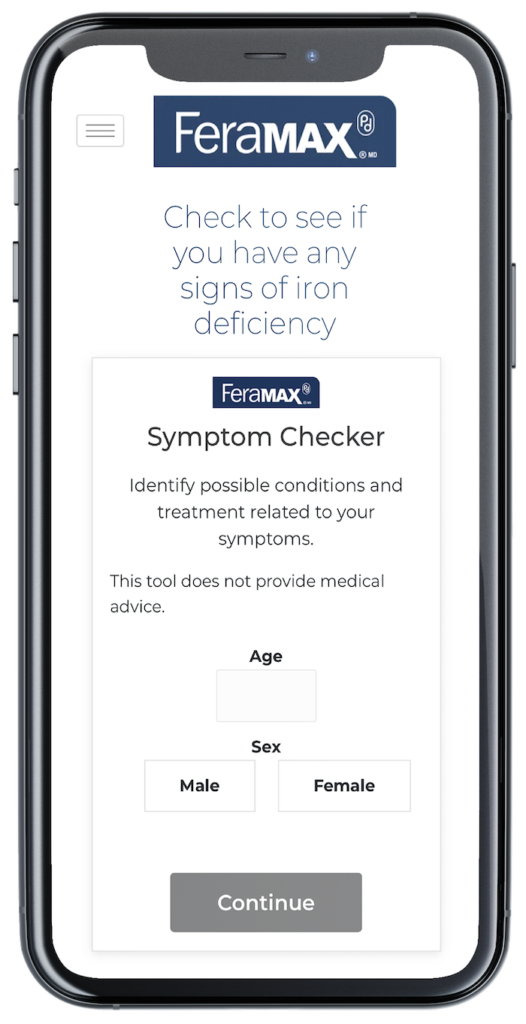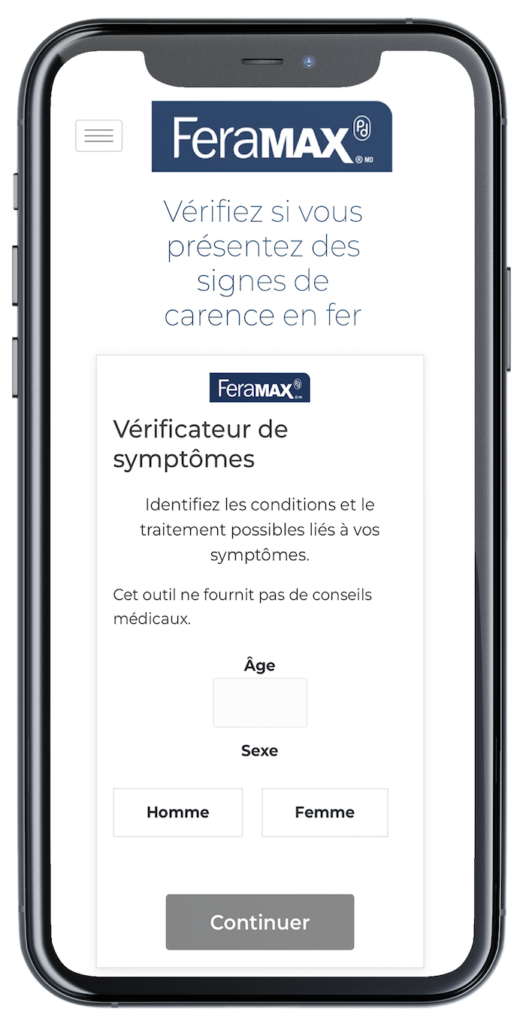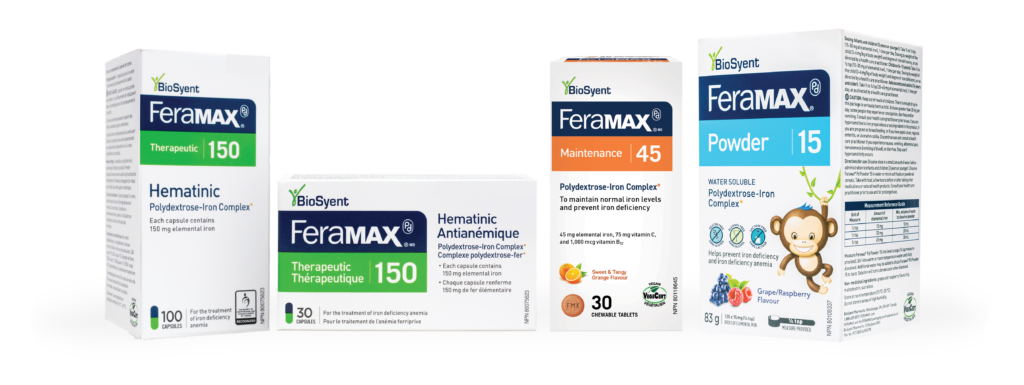Importance of Iron
What Is the Importance of Iron?
Most of us know that iron is an extremely useful naturally occurring mineral and is one of the most abundant and widely used metals on Earth. In fact, it is a building block upon which modern society was built. However, many of us do not fully understand the importance of iron in our bodies. Just as iron is used in architecture and manufacturing, it is also an essential building block within our bodies and without it we would not be able to survive and thrive.
Hemoglobin is in part comprised of iron and is vital to our survival.
Hemoglobin binds oxygen molecules in our lungs and then distributes oxygen throughout our bodies to our internal organs via red blood cells. Oxygen rich hemoglobin gives the blood its characteristic red colour, while deoxygenated hemoglobin has a blue colour. Without enough iron, the human body is unable to sustain sufficient levels of oxygen, and health deterioration occurs.
Iron is not only used to form hemoglobin, but also myoglobin, which, found in muscle and cytochromes, are the main components of the respiratory oxidation chain (how energy is created using oxygen). Low levels of iron decrease the body’s natural ability to produce these proteins. Red blood cell functions diminish to the point of inadequacy. Iron is also involved in neural development, namely in myelin sheath formation. It is not an exaggeration to say that iron is utilized throughout our entire bodies, and is absolutely necessary for good health and survival.
Even though iron is one the most common minerals on the planet, iron deficiency is the most prevalent nutritional deficiency. Some of this is due to the mechanism of iron absorption.
Dietary iron comes in:
- Heme form found in meat and fish and which is readily absorbed.
- Non-heme form found in cereals, beans and spinach and of which less is absorbed
Only small quantities of iron are absorbed in the small intestine at a time, and non-heme iron needs to be transformed into its ferrous form and bound to a transporter to pass from the gut into the bloodstream. Once in the bloodstream, iron is used in the bone marrow to make hemoglobin and the excess iron is stored as ferritin primarily in the liver and some in the spleen. Every individual’s body varies in its needs. Those with increased iron needs may include children and teens experiencing growth spurts, adolescents, pregnant women, vegetarians and menstruating girls and women.
If you are concerned about your iron levels, speak with your doctor.
You may be prescribed an iron supplement if your dietary intake is insufficient. A simple blood test will tell your doctor whether or not you need to supplement your iron intake, and the strength of tablet you may require in order to increase and maintain a healthy iron level.
There are different forms of iron which your doctor may prescribe. Some types of iron supplements have been associated with gastrointestinal side effects. Certain types or formulations may be better suited for you such as a Polydextrose Iron Complex (PDIC), and may be more compatible with the way your body metabolizes such supplements. FeraMAX® oral iron supplement such as FeraMAX® Pd and FeraMAX® Pd Powder 15 is an excellent source of iron in PIC form, and works with your body to correct low iron levels. Instances of stomach upset, constipation, and nausea are dramatically reduced in those who choose to take FeraMAX® rather than traditional iron supplements. If you are concerned about your iron levels, be sure to ask your doctor about a PDIC, such as FeraMAX® Pd, an iron supplement that has proven efficacy with fewer side effects.
References:
- Anderson, C. Fitzgerald. “Iron: An Essential Nutrient.” Colorado State University Extension. Colorado State University and the U.S. Department of Agriculture, n.d. Web. 4 Dec 2012. http://www.ext.colostate.edu/pubs/foodnut/09356.html


Check to see if you have any signs of iron deficiency
Iron Deficiency / Iron Deficiency Anemia Symptoms Tracker for Adults and Children
Think you might be Iron Deficient?
Many people struggle to maintain their iron health. The causes and symptoms differ depending on the individual

Canadian Pharmacist counselling is also available via telephone or email.
- Call now: 1.800.663.8637
- Email: feramax@biosyent.com
- Mon- Fri: 8:00 am - 7:00 pm

Canadian Pharmacist counselling is also available via telephone or email.
- Call now: 1.800.663.8637
- Email: feramax@biosyent.com
- Mon- Fri: 8:00 am - 7:00 pm

